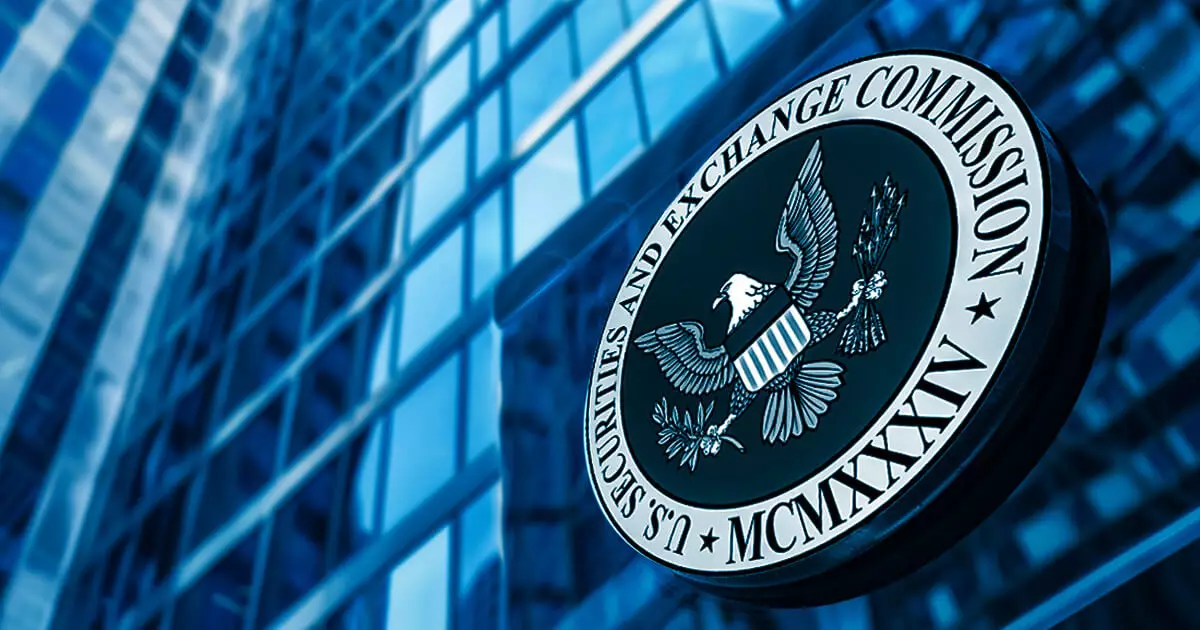Congressman Wiley Nickel (D-NC) recently criticized the US Securities and Exchange Commission (SEC) for its “regulation by enforcement” approach. He argued that this strategy undermines trust in the regulatory system and risks stifling digital innovation across the US. Nickel emphasized the need for a collaborative and transparent regulatory process that includes public input to develop clear and fair regulations.
Nickel’s remarks have resonated with many in the crypto community who have long been critical of the SEC’s enforcement-first approach. The debate highlights a broader discussion in Washington on how to regulate the rapidly evolving digital asset space without impeding innovation. Critics argue that the SEC is overstepping its statutory authority by treating digital assets as securities without clear legislative backing.
The SEC has faced backlash for its enforcement actions against major players in the crypto industry, such as its reported plans to bring an enforcement action against the NFT marketplace OpenSea. Many believe that the SEC’s focus on enforcement rather than collaboration is counterproductive and undermines its goal of protecting consumers. They suggest that a more cooperative approach with the industry would lead to better and more effective regulations.
Nickel’s call for a balanced regulatory framework echoes the sentiments of those advocating for clearer regulations that protect consumers while fostering innovation. The ongoing debate underscores the importance of ensuring that regulatory oversight adapts to the fast-paced changes in the digital asset space. Collaboration between regulators, policymakers, and industry stakeholders is crucial in striking a balance that supports innovation while safeguarding consumers.
As the regulatory landscape for digital assets continues to evolve, the debate over the SEC’s approach to enforcement and regulation is expected to intensify. Finding a middle ground that addresses concerns about consumer protection and innovation will require ongoing dialogue and cooperation between all parties involved. Ultimately, the effectiveness of regulatory frameworks in the digital asset space will depend on the ability of regulators to adapt to new technologies while upholding their mandate to protect investors and promote market integrity.


Leave a Reply